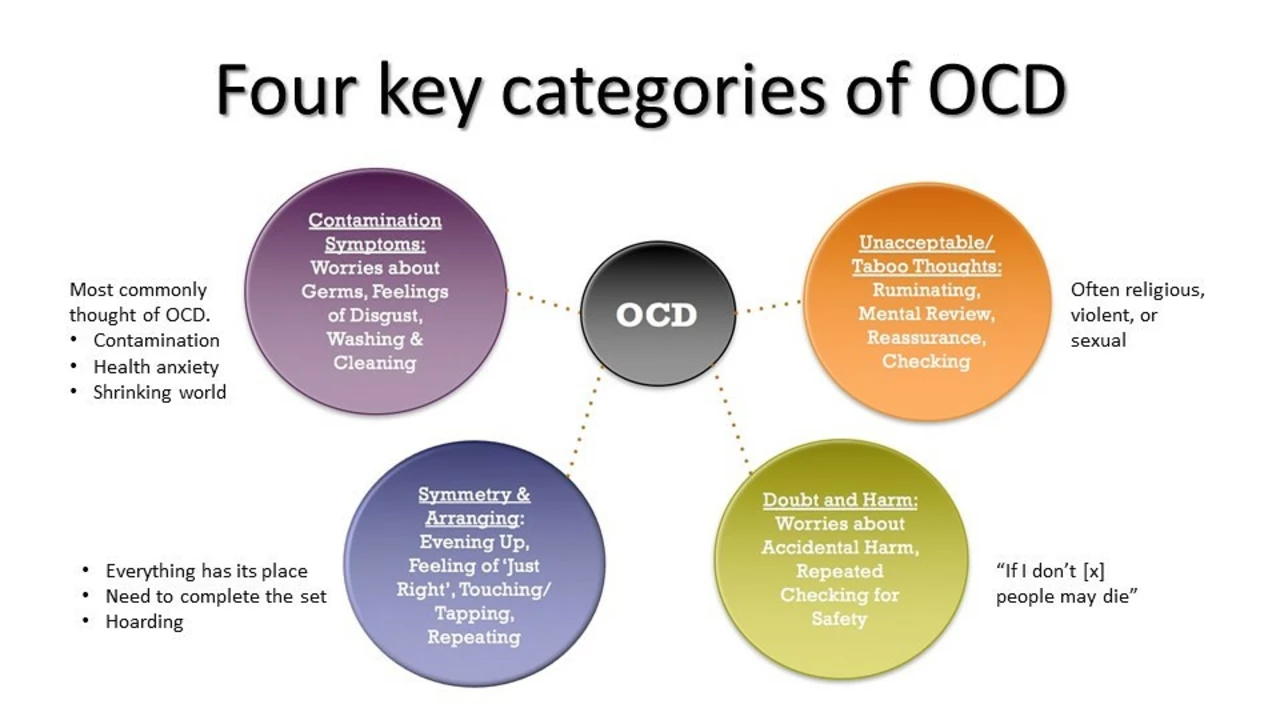PTSD: Practical Help, Treatments, and What You Can Do Today
Did you know PTSD can show up months or years after a traumatic event? Flashbacks, night sweats, and avoiding people or places are common signs. If that sounds familiar, you’re not weak — it’s a brain and body response to trauma. The good news: many people improve with the right care.
What actually helps: therapy first
Trauma-focused therapies are the most reliable starting point. Cognitive Behavioral Therapy (CBT) and Eye Movement Desensitization and Reprocessing (EMDR) are proven to reduce flashbacks and fear. Therapy teaches you skills to manage reminders and rebuild daily routines. If you feel nervous about therapy, ask for a therapist who specializes in trauma — it makes a big difference.
Medications: what to expect
Some medicines help symptoms like anxiety, panic, and depression that often come with PTSD. Two SSRIs — sertraline and paroxetine — are FDA-approved for PTSD. SNRIs can also help in some cases. Be cautious with benzodiazepines (like clonazepam); they can ease panic short-term but often make long-term recovery harder. Mood stabilizers such as Depakote are sometimes used when mood swings or severe irritability are present, but they’re not first-line for PTSD. Talk with a clinician about benefits and side effects before trying anything.
There’s also emerging research showing certain antidepressants may help new brain-cell growth after injury — promising, but not a quick fix. Meds can reduce symptoms so therapy works better, but they rarely replace therapy alone.
Practical tips that help right away: keep a simple sleep routine, use grounding techniques when panic hits (5-4-3-2-1 sensory check), and limit alcohol or heavy cannabis use — they often make symptoms worse. Small daily habits add up: short walks, regular meals, and short social check-ins can steady your mood.
If you need medication, use trusted sources. Check credentials, read reviews, and confirm staff pharmacists are available. Our site has guides on safe online pharmacies and how to avoid risky sellers — useful if you’re comparing options.
What if you’re in crisis? If you’re thinking about hurting yourself or others, call local emergency services or a crisis line immediately. Reach out to a therapist, primary care doctor, or a trusted friend to get support fast.
Finally, recovery looks different for everyone. Some people improve in months, others take longer. Track symptoms, share notes with your provider, and adjust treatment as needed. You don’t have to do this alone — reach out, ask questions, and look for providers who listen.
Want specific articles? We cover medication guides, therapy options, and safe pharmacy tips across the site. Browse our PTSD-tagged resources to find practical next steps and trusted information you can act on today.

The Science Behind Posttraumatic Stress Disorder: What Happens in the Brain?
As a blogger, I've been fascinated by the science behind Posttraumatic Stress Disorder (PTSD) and how it affects the brain. PTSD is a mental health condition that can develop after experiencing or witnessing a traumatic event, causing intense feelings of fear, helplessness, or horror. Research has shown that PTSD can actually alter the brain's structure and function, particularly in areas responsible for memory and emotion regulation. Some of these changes include a decrease in hippocampal volume, increased amygdala activity, and dysregulation of the prefrontal cortex. Understanding the science behind PTSD is crucial in developing effective treatments and helping those who suffer from this debilitating condition.

The Link between OCD and Post-Traumatic Stress Disorder (PTSD)
As I researched the link between OCD and PTSD, I discovered that these two disorders are strongly connected, often due to shared traumatic experiences. Both conditions can manifest in repetitive, intrusive thoughts and compulsive behaviors, which can make it difficult to distinguish between the two. In some cases, OCD develops as a coping mechanism after experiencing a traumatic event, resulting in PTSD. Treatment for both disorders often involves exposure therapy and cognitive-behavioral therapy to help individuals manage their symptoms. It's crucial to seek professional help to determine the appropriate diagnosis and treatment plan for those struggling with these interconnected mental health issues.
© 2026. All rights reserved.
